
(Portugese translation below / Traduçãoem português abaixo)
Mrs. Chom Bansi, 70 years old, comes from a large family that has been involved in agriculture since the generation of her ancestors. She has 2 children and now 5 grandchildren.
When she was young, she started rice farming, then raising cattle, the American Brahman, for trade. Later, this became her alternative after she started growing various seasonal crops organically on a rotational system, which has become her main income.
In over 40 years of farming, she has managed to feed her family well, give her children and grandchildren an education, and have a future without borrowing money from the bank or going into debt, something she is most proud of.
A Sra. Chom utiliza mesas elevadas decultivo para proteger suas plantações do calor extremo e das chuvasintensas, além de evitar dores nas costas causadas por trabalharcurvada no solo. Aldeia de Nong Chot, Maha Sarakham, Tailândia.
Aos 70 anos, Chom Bansi vem de umagrande família que trabalha com agricultura desde a geração deseus antepassados. Ela tem dois filhos e cinco netos. Quando jovem, começou cultivandoarroz, depois passou a criar gado da raça Brahman americana para ocomércio. Mais tarde, encontrou uma alternativa: o cultivo orgânicode diversas safras sazonais em sistema de rotação, que se tornousua principal fonte de renda. Ao longo de mais de 40 anos deagricultura, conseguiu sustentar bem sua família, oferecer educaçãoa filhos e netos e garantir um futuro sem recorrer a empréstimosbancários ou se endividar — algo de que mais se orgulha.
What has climate change done here?
The extremely hot weather this year is making cultivation difficult and the plants are not growing at all. Normally some crops can be harvested within 45 days, but now 2 months have passed and the crops are still not ready for harvest. The leaves were burnt and withered due to the extreme heat. Even when we watered them, it did not help. Our income has dropped and that has affected the people. The heat burned my back when I was cutting the grass, so I had to avoid the sun during the day. Some people fainted. I can only work in the mornings and evenings, and in the middle of the day, I have to hide in the shade and take a rest in a hammock. Even when I was not in the sun, it was still very hot and I became irritable. Even when I showered, it was still as hot as ever. When the rainy season came, it rained very heavily, more than usual. It rained all day and all night. In a dialect of Isaan (northeast), "Humm" means wet. The rain floods the land and causes the plants to rot and die. In previous years, the incessant rain was still bearable. But this year it rained for a week straight. Who can bear that?
O calor extremo deste ano estátornando o cultivo difícil, e as plantas simplesmente não estãocrescendo. Normalmente, algumas safras podem ser colhidas em 45 dias,mas já se passaram dois meses e elas ainda não estão prontas. As folhas foram queimadas e murcharamdevido ao calor intenso. Mesmo regando, não adiantava. Nossa rendacaiu, e isso afetou a comunidade. O calor queimava minhas costasenquanto eu cortava a grama, então precisei evitar o sol durante odia. Algumas pessoas chegaram a desmaiar. Só consigo trabalhar demanhã e no fim da tarde; no meio do dia, tenho que me abrigar nasombra e descansar na rede. Mesmo sem estar ao sol, o calor erainsuportável e eu ficava irritada. Tomava banho e continuavasentindo o mesmo calor. Quando chegou a estação das chuvas, aágua veio muito mais forte que o normal — chovia o dia todo e anoite inteira. No dialeto de Isaan (nordeste), “Humm” significamolhado. A chuva inundava as terras e fazia as plantas apodrecerem emorrerem. Em anos anteriores, ainda era possívelsuportar a chuva contínua. Mas este ano, choveu uma semana inteirasem parar. Quem consegue aguentar isso?


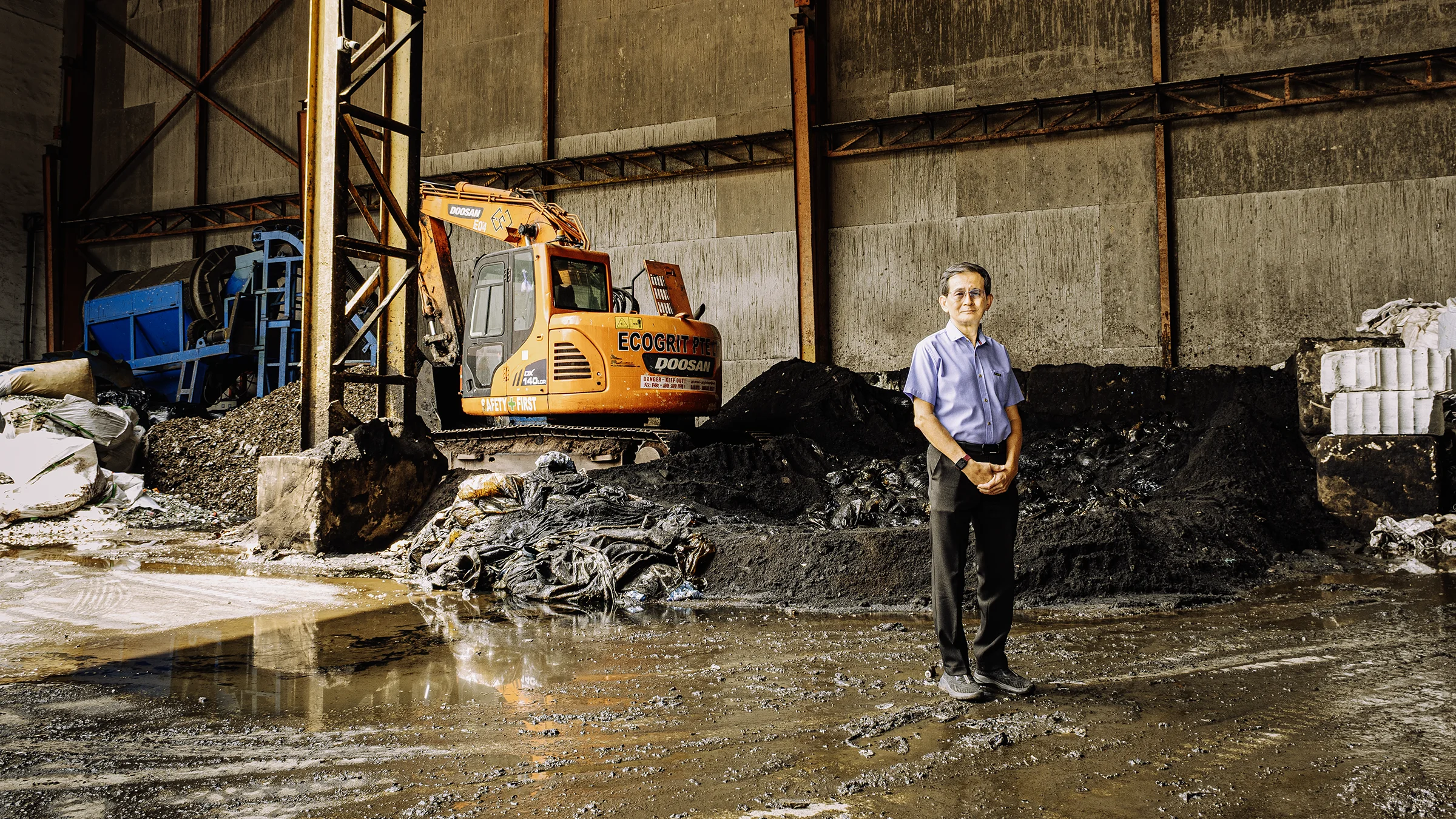
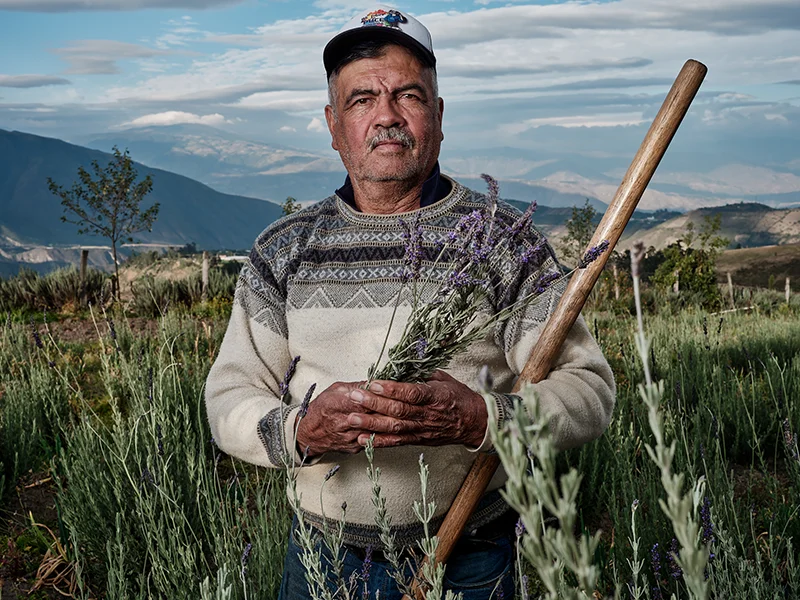
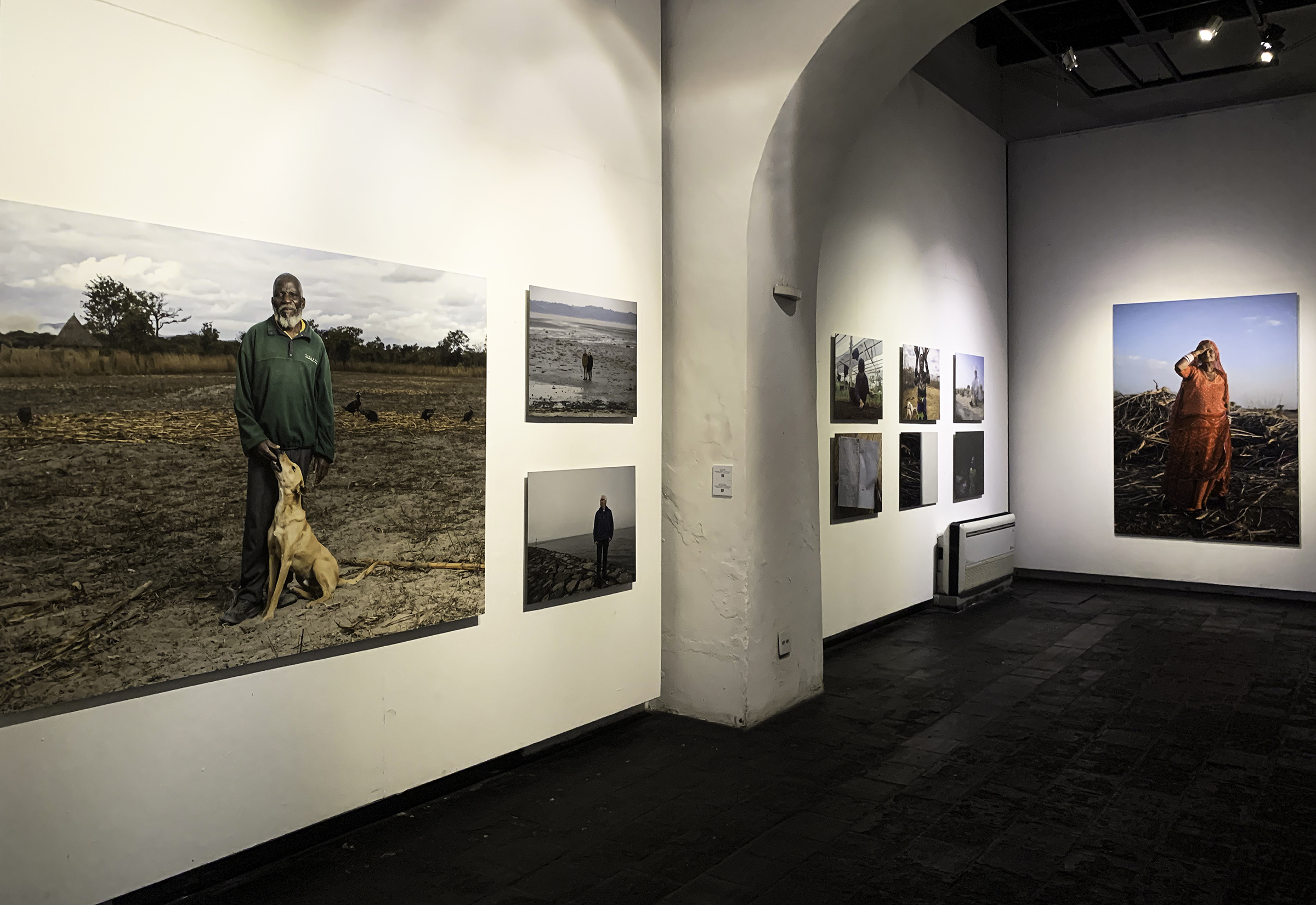
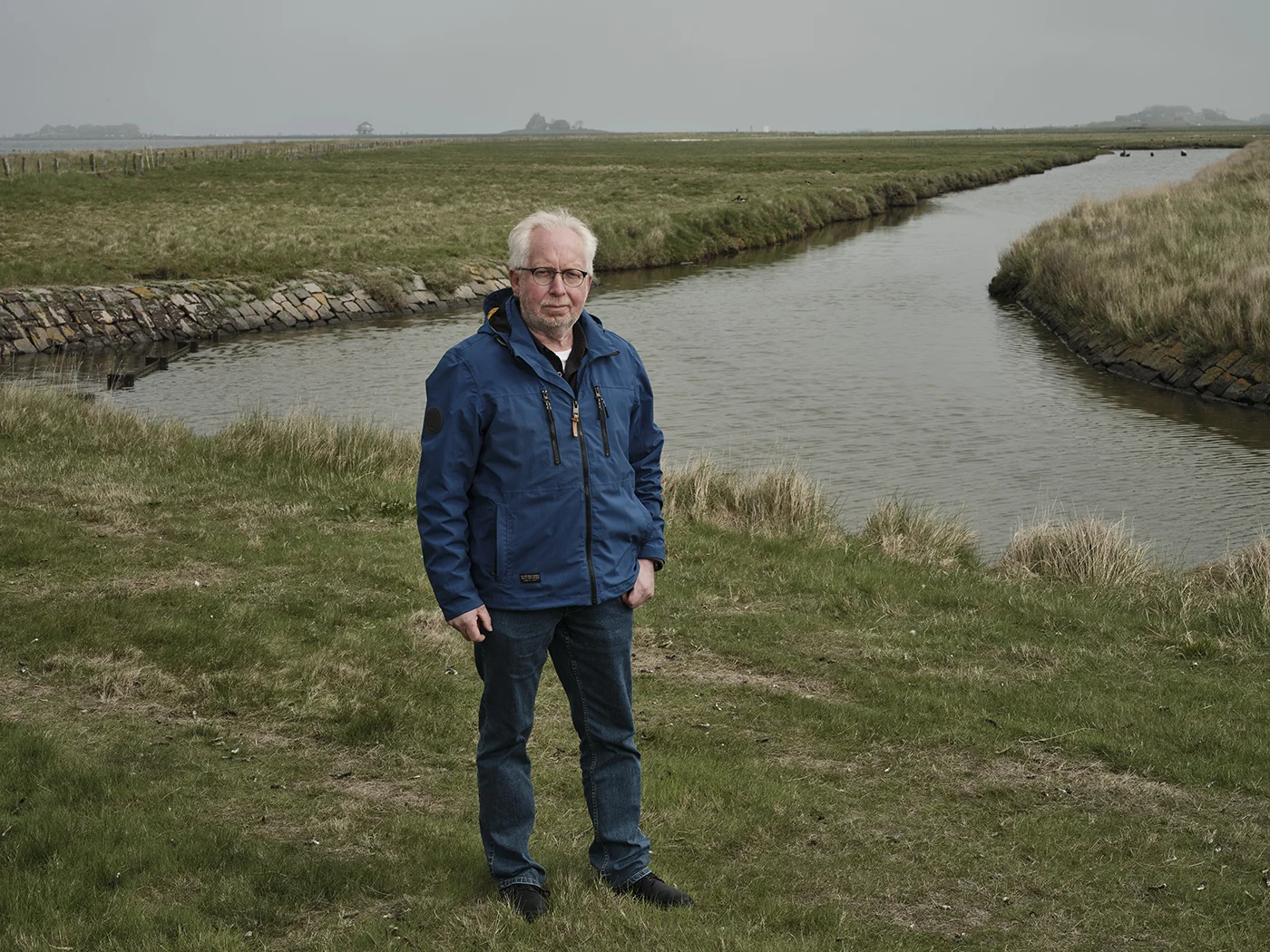
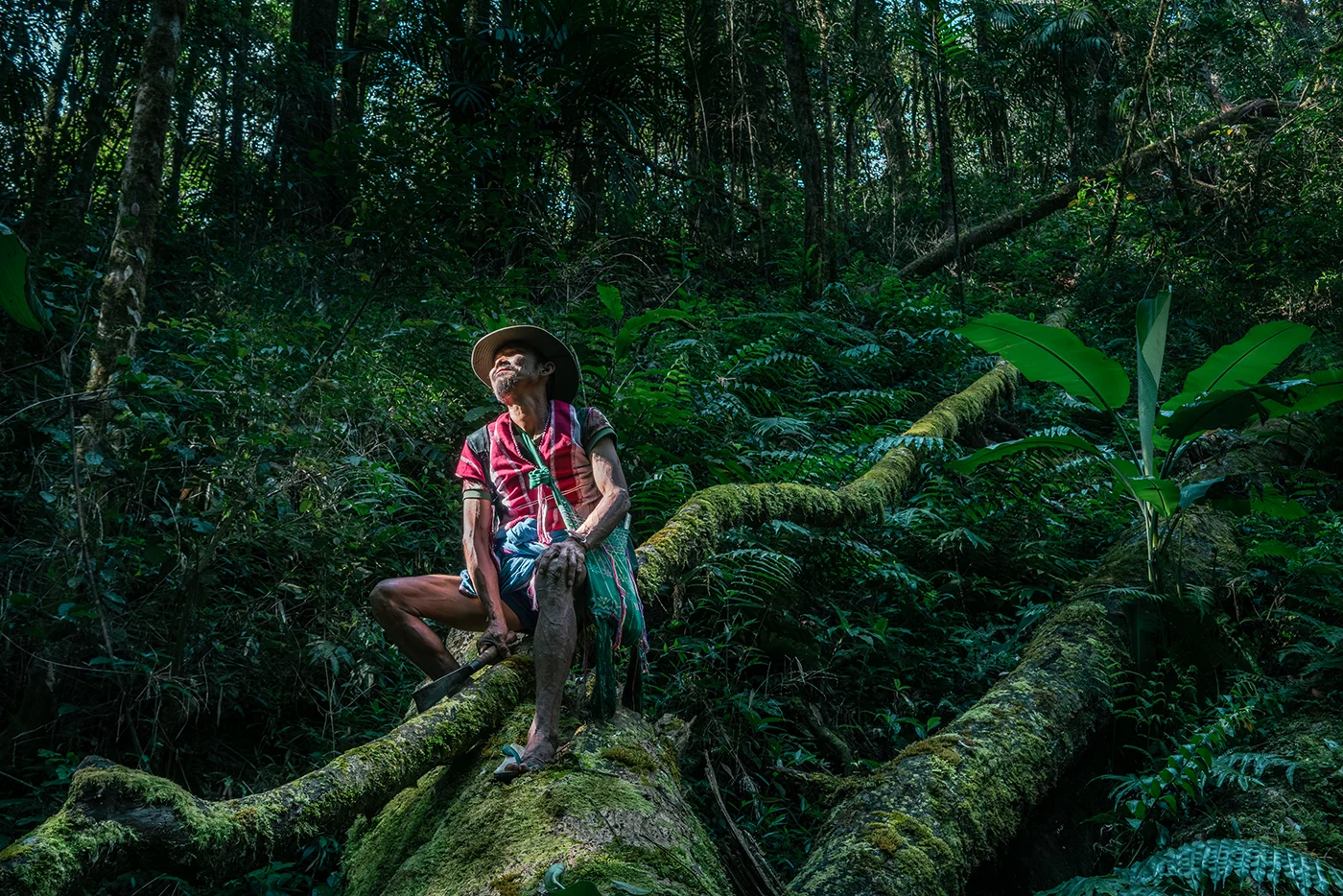
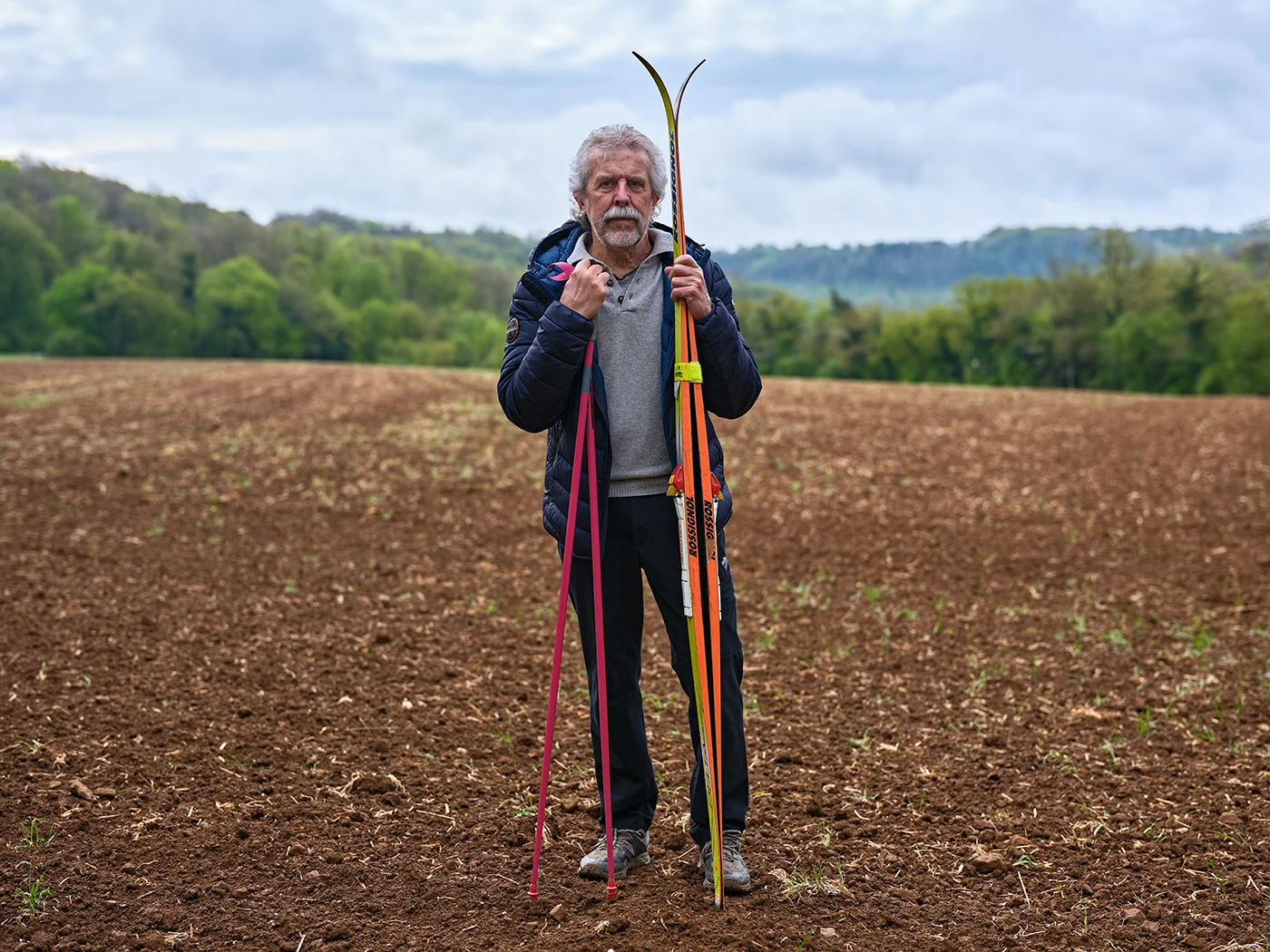







































.svg)






